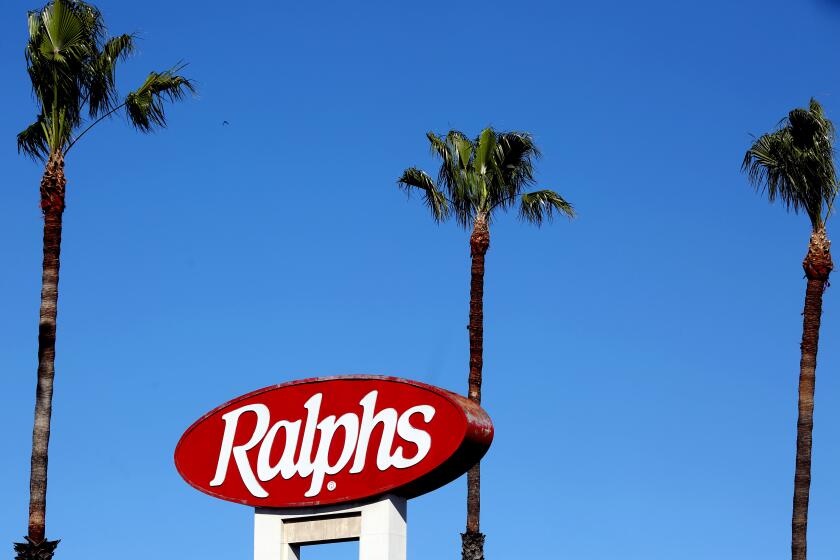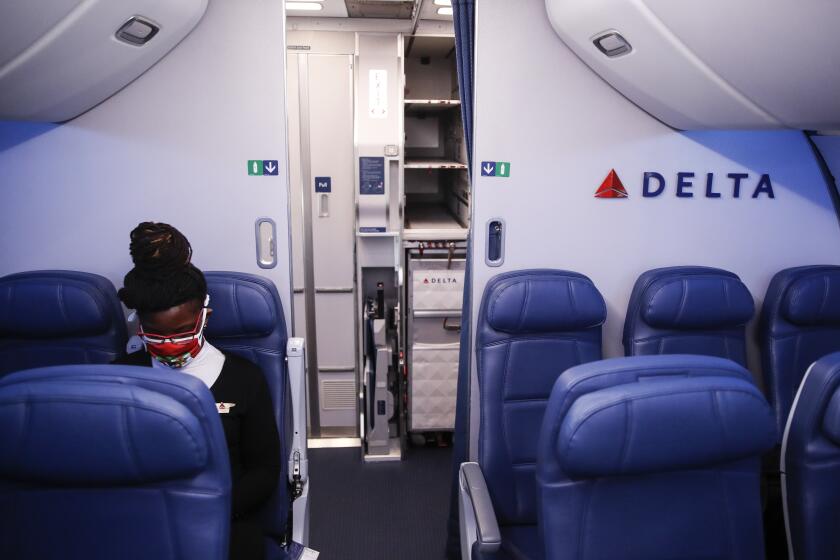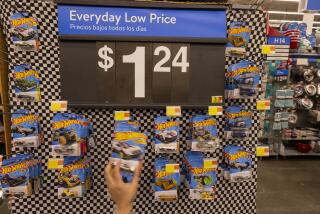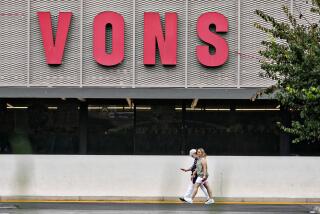Kroger ending some COVID-19 benefits for unvaccinated staff
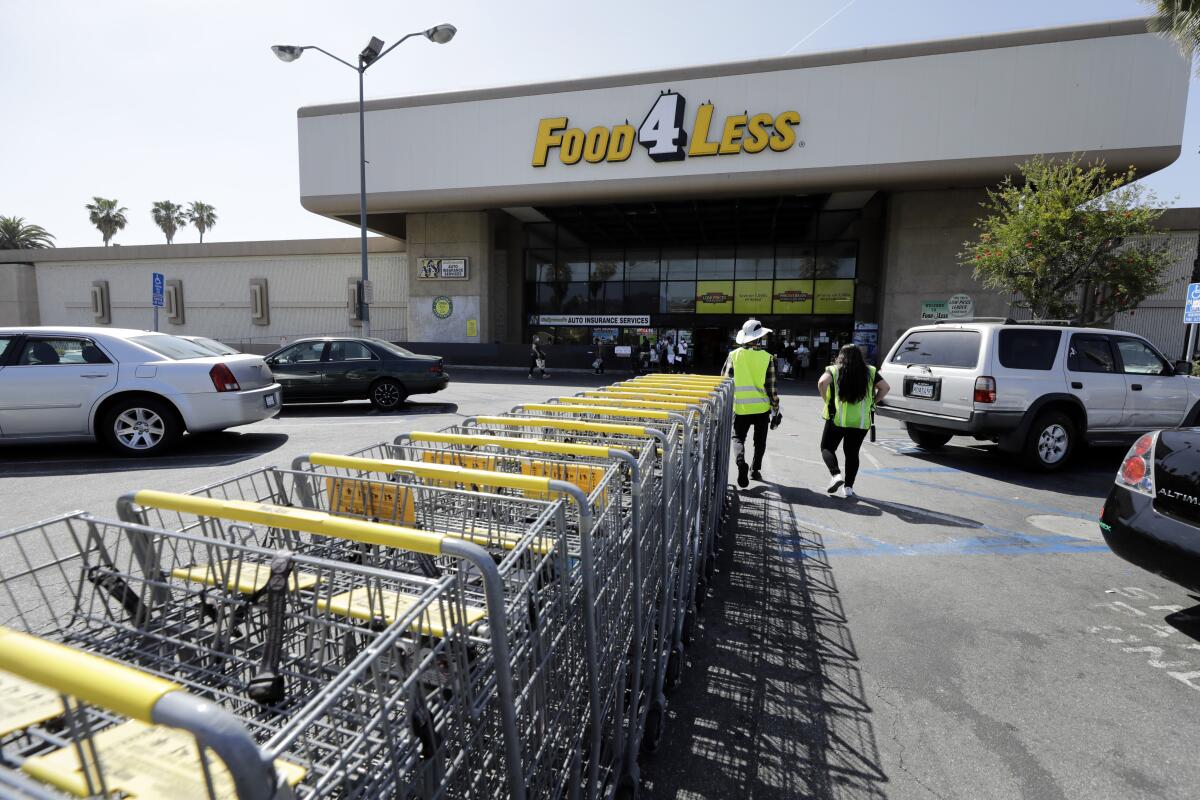
Kroger, the country’s biggest traditional grocery chain, is ending some benefits for unvaccinated workers as big employers attempt to compel more of their workforce to become vaccinated with cases of COVID-19 again rising.
Unvaccinated workers will no longer be eligible to receive up to two weeks of paid emergency leave if they become infected, a company spokesperson confirmed Tuesday. That policy was put into place last year when vaccines were unavailable.
The Cincinnati company confirmed changes in benefits that were first reported by the Wall Street Journal. The change is effective Jan. 1.
The company said it will also begin charging a $50 monthly fee to unvaccinated salaried workers and managers who are enrolled in a company healthcare plan. Unionized workers and nonunion hourly workers won’t be charged that fee.
Kroger plans to close two supermarkets in response to ‘hero pay’ for grocery workers amid COVID-19. Here’s how you may be affected.
Kroger has nearly 500,000 employees in the U.S.; 66% belong to a union. The company won’t say what percent of its workers are vaccinated.
The White House made it clear Tuesday that Kroger’s policy — including the $50 monthly charge — is not one the federal government is promoting. President Biden backs a vaccine mandate at large companies, but that plan is facing legal opposition. In the meantime, many companies are still trying to get as many of their employees vaccinated as possible.
“We know different private-sector companies and entities are going to take different steps to incentivize people to get vaccinated, to keep their employees safe and their workforce safe,” White House press secretary Jen Psaki said at her briefing Tuesday. “It’s not a policy we’re putting out there from the federal government.”
Kroger said it will still offer various leave options for employees who contract the virus, including earned paid time off and the ability to apply for unpaid leave. What Kroger called a “special” leave will remain available only to fully vaccinated associates.
Early last year, Kroger implemented emergency leave that allowed paid time off for any worker diagnosed with COVID-19. All employees were eligible to receive their standard pay for as many as 14 days.
As Kroger modifies some of its policies, the company said that it will continue to encourage workers to get vaccinated, with $100 payments given to all fully vaccinated employees.
Kroger employees interact with as many as 9 million customers daily. Asked whether the new policy might encourage some employees to come to work even if they’re sick, a Kroger spokesperson said the company continues to implement enhanced cleaning and physical distancing and requires employees to wear masks in all of its stores and offices, regardless of vaccination status.
Delta Air Lines is imposing a $200 monthly surcharge for the health insurance of unvaccinated employees. This is a very slippery slope.
Kroger is not the first company to steer clear of an outright mandate, instead trying to influence employee behavior through company-sponsored health plans.
Delta Air Lines announced in August that it would charge employees on the company health plan $200 a month if they fail to get vaccinated against COVID-19. The airline also said at that time that it would stop extending pay protection to unvaccinated workers who contract COVID-19 on Sept. 30, and would require unvaccinated workers to be tested weekly beginning Sept. 12, although Delta would cover the cost. Unvaccinated employees also have to wear masks in all indoor company settings.
More to Read
Inside the business of entertainment
The Wide Shot brings you news, analysis and insights on everything from streaming wars to production — and what it all means for the future.
You may occasionally receive promotional content from the Los Angeles Times.
